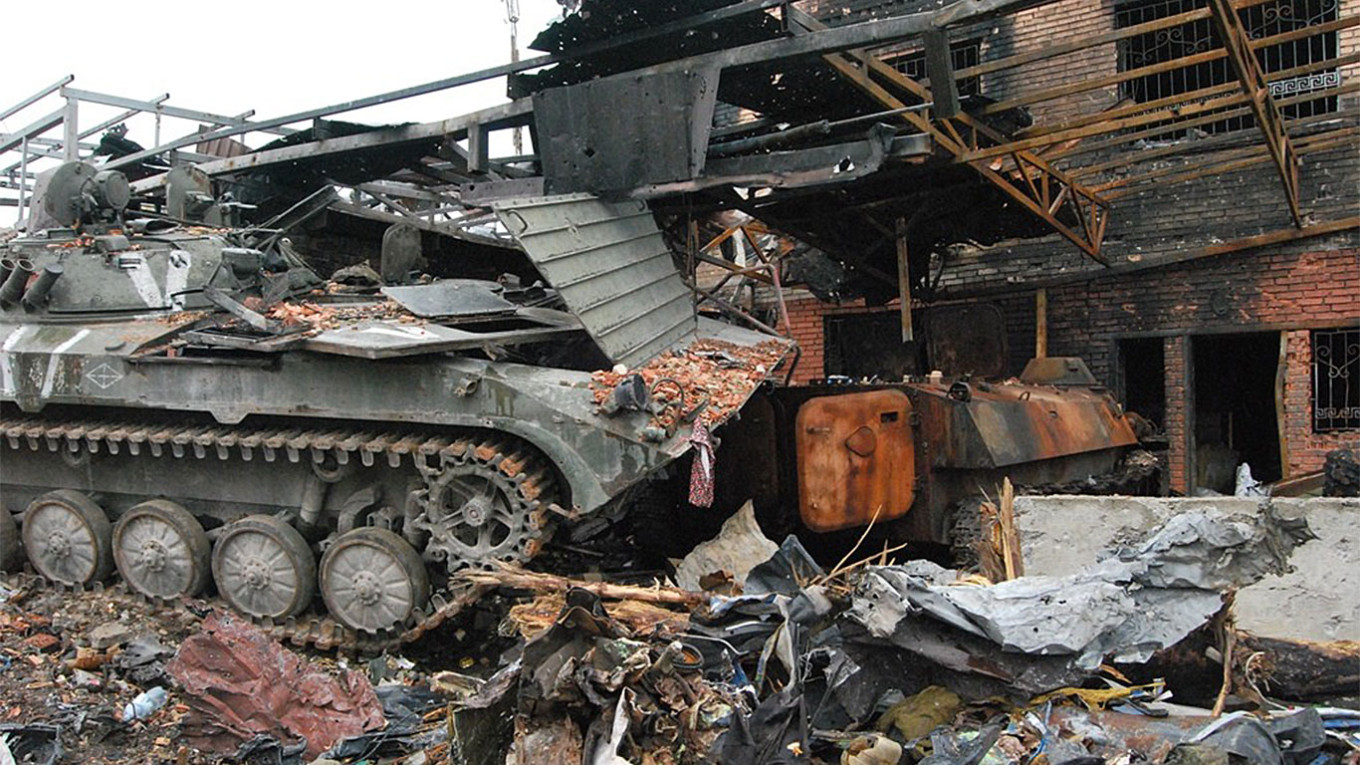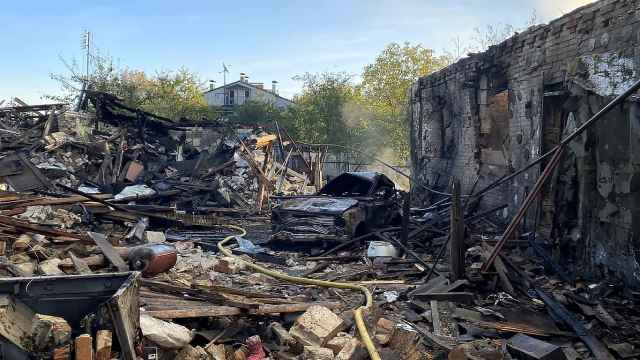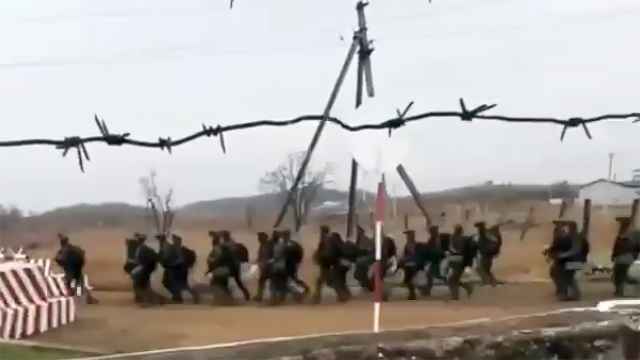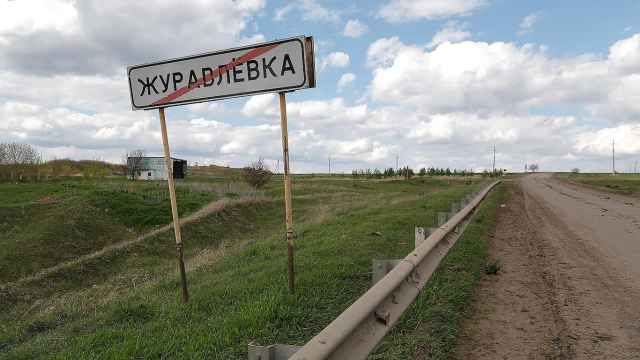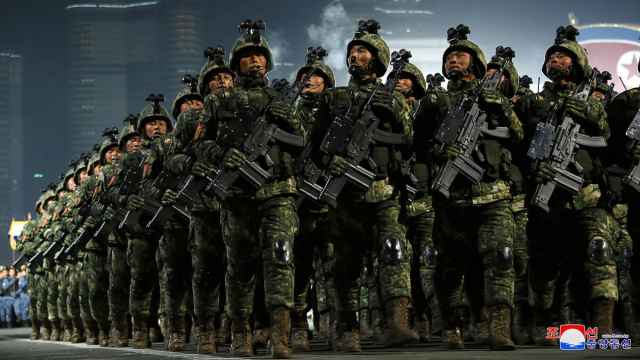Nearly 1,000 Russian soldiers have been confirmed killed in Ukraine since the start of 2023 according to an independent tally conducted using open-source data.
Russia’s verifiable death toll now stands at 11,662 troops after 942 names were added between Jan. 1-17, the Mediazona news website said Thursday. The real toll of the nearly 11-month invasion is believed to be much higher.
“It’s a super record,” Mediazona editor Dmitry Treshchanin said in a YouTube live-stream.
He linked the high death rate to Russia's intensified push for the capture of Bakhmut, a strategic city in eastern Ukraine where analysts say Russian forces are making marginal gains following months of battles with heavy losses.
The death toll includes half of the 89 Russian mobilized soldiers who were killed in a Ukrainian New Year’s Eve attack on a temporary barracks in Russian-occupied Makiivka. According to Treshchanin, the rest of the figures come from late 2022 as they are reported with a two-week delay.
Mediazona’s database now also includes soldiers who fought for the Wagner private military company, whose fighters make up the bulk of the forces engaged in the grinding assault on Bakhmut, Treshchanin said.
Draftees account for 644 of Russia’s 11,662 troop deaths since the start of the war, the data shows.
The Russian military says 5,937 of its troops had been killed as of September 2022.
In addition to volunteers who monitor cemeteries across scores of Russian towns and villages, the outlet uses official statements, social networks and media reports to update its figures.
Treshchanin said Mediazona’s data team is yet to analyze and verify a “giant tail” of around 200 troop deaths and add to the database.
“It’s hard to shock me as someone who’s been working with this data for almost a year, but 1,000 people in two weeks is just [shocking],” he said.
A Message from The Moscow Times:
Dear readers,
We are facing unprecedented challenges. Russia's Prosecutor General's Office has designated The Moscow Times as an "undesirable" organization, criminalizing our work and putting our staff at risk of prosecution. This follows our earlier unjust labeling as a "foreign agent."
These actions are direct attempts to silence independent journalism in Russia. The authorities claim our work "discredits the decisions of the Russian leadership." We see things differently: we strive to provide accurate, unbiased reporting on Russia.
We, the journalists of The Moscow Times, refuse to be silenced. But to continue our work, we need your help.
Your support, no matter how small, makes a world of difference. If you can, please support us monthly starting from just $2. It's quick to set up, and every contribution makes a significant impact.
By supporting The Moscow Times, you're defending open, independent journalism in the face of repression. Thank you for standing with us.
Remind me later.


